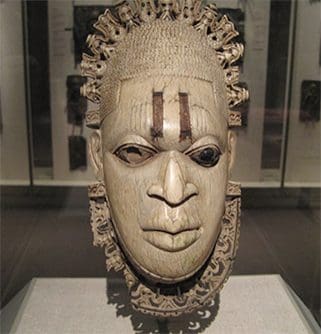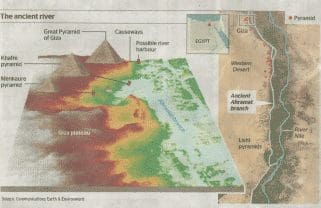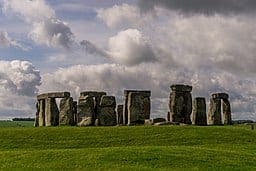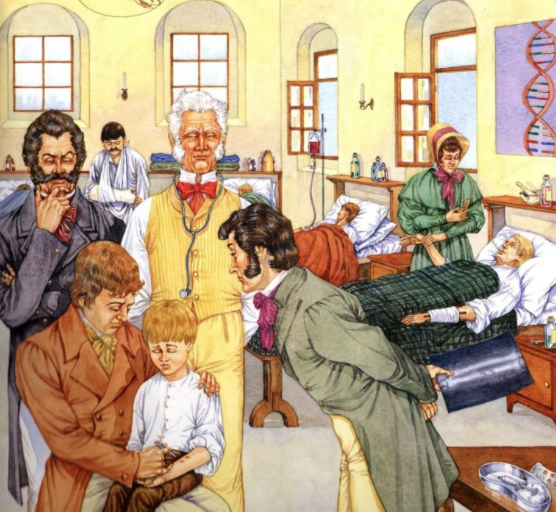
There are two principal reasons why I think Benin was included as one of only three optional non-Western societies.
The first is the period covered. It is, very roughly, covering the same period of time as the last British history topic pupils will have studied. This invites the question, ‘What was happening elsewhere in the world when the battle of Hastings was being fought by the last Saxon king?’ The idea here is to provide an antidote to cultural chauvinism and the possibility of the present treating the past condescendingly. By seeing a non-European society so well advanced and so artistically sophisticated it is hoped that pupils will develop a broader view of what constitutes civilized.
The second reason is clearly to expand pupils’ horizons beyond Britain and Europe.
To these I would add a couple more. Studying a distant and unusual society forces us to get into a different mindset. We cannot rely on our knowledge to get us through. We have to use our creative imaginations to explain what to 21st century European eyes seems inexplicable. Any good history begins in strangeness…the past should not be a familiar echo of the present. History exposes our inability to understand people in the past on their own terms. In order to do it well, we need to try and understand the mentalities of those in the past. History helps us to practise understanding peoples we cannot hope to understand – this is a crucial lesson today.
I also think that we can find other reasons if we are willing to go beyond Gove’s timespan. Why should we? Well, with no Tudors on the curriculum a study of 16th century Benin would give pupils a wonderful insight into the so-called ‘voyages of exploration’. If carried into the 19th century, it would also enable pupils to think about Victorian ideas and values of Empire. The last question, on whether the bronzes should be returned to Benin, brings the arguments right up-to-date and offers a wonderful context for persuasive speaking and writing in history as well as citizenship.








